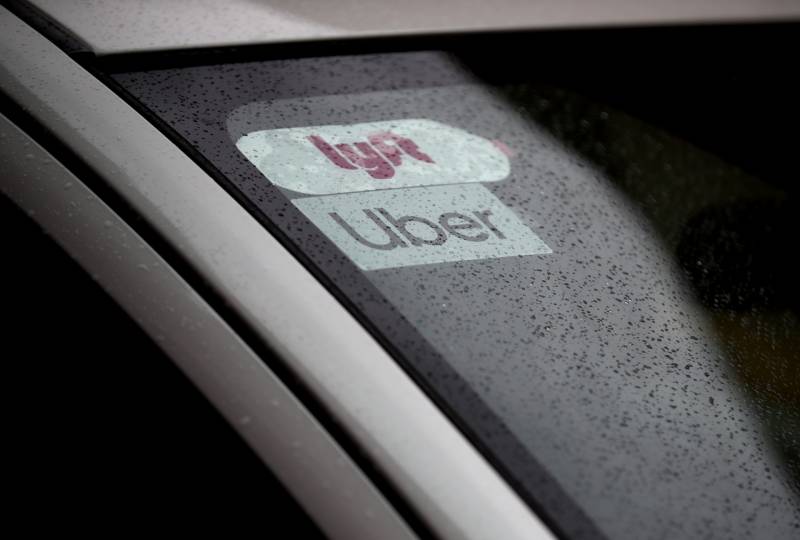A judge Friday struck down a California ballot measure that exempted Uber and other app-based ride-hailing and delivery services from a state law requiring drivers to be classified as employees eligible for benefits and job protections.
Alameda County Superior Court Judge Frank Roesch ruled that Proposition 22 was unconstitutional.
